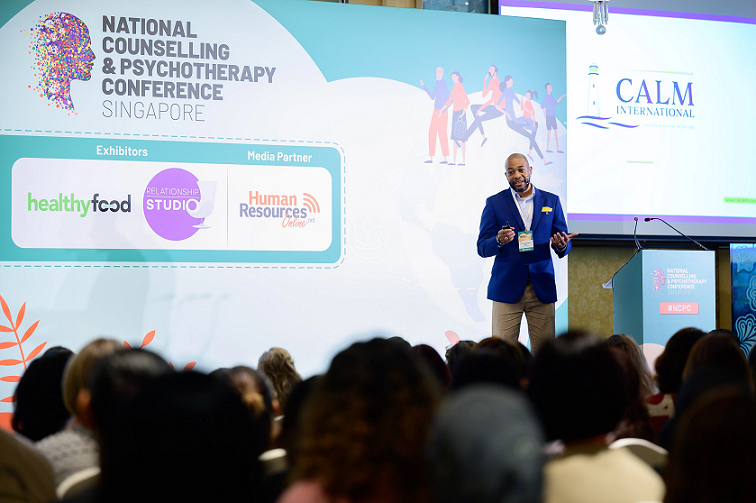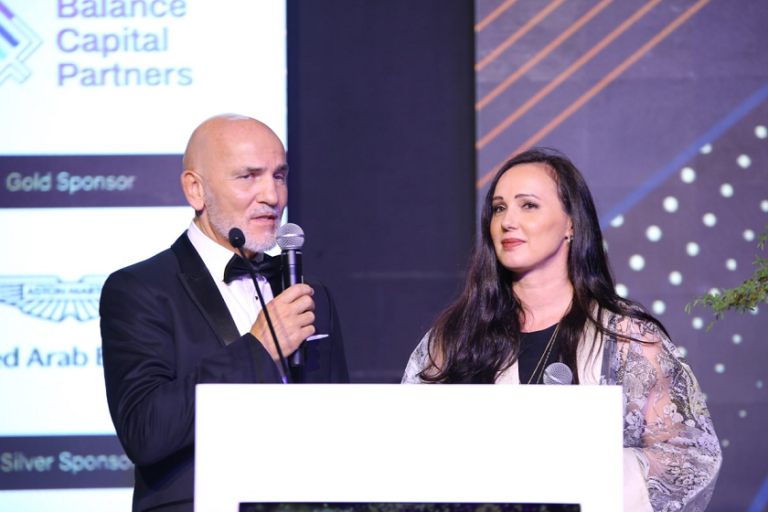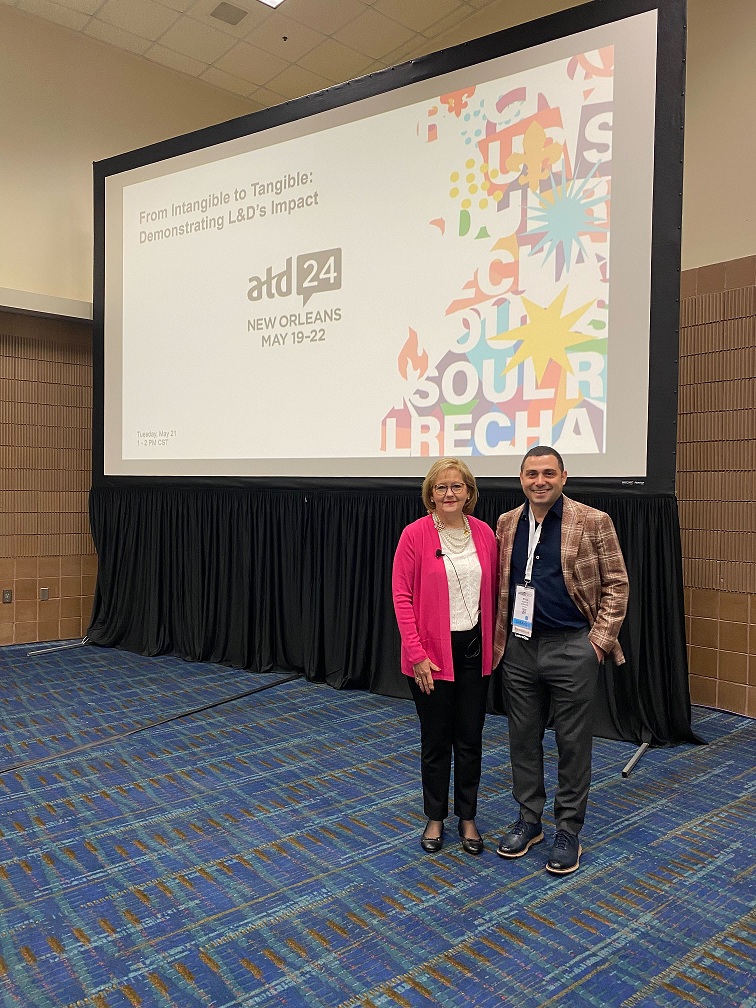The Hidden Costs of Ignoring Trauma: Why Understanding It Matters More Than Ever
Trauma seems to permeate itself so deeply into the very fabric of our lives that it works intuitively into how we feel, how we think, and how we act. While people might dismiss their experiences as small or will all go away in time, the costs of untreated trauma can be widespread in personal lives, relationships, and even in society. Dr. Stephen-Claude A. Hyatt’s book Trauma, Grief, and Recovery – Trauma Is More Than PTSD explains why understanding trauma is key and provides a practical guide to recovery.
The Personal Toll
Trauma doesn’t disappear by ignoring it. Instead, it can show itself in subtle yet harmful ways. They include chronic stress, trouble forming and maintaining relationships, and physical health problems, such as headaches or fatigue. People may turn to unhealthy coping mechanisms, such as substance abuse or emotional withdrawal, creating further complications.
According to Dr. Hyatt, trauma that goes unaddressed will result in patterns of avoidance. So, for example, if somebody has a car wreck and doesn’t drive anymore, they could basically be limiting career opportunities and independencebecause they don’t want to drive anymore. When we recognize that trauma exists, we are on the first step to taking responsibility once again recovering.
The Ripple Effect on Relationships
Trauma doesn’t only hurt the individual, it can strain relationships. People who don’t understand the behavior of someone living with unresolved trauma may feel isolated or frustrated on both sides. It’s a cycle of conflict that is very hard to break because it can continue as a result of miscommunication and unfulfilled emotional needs.
In these situations, Dr. Hyatt’s book says education and empathy are important. He talks about how to create open opportunities for people to talk to one another and how to create a supportive environment to heal. When you understand that trauma can dictate action, families and friends can give what support they can in a way that isn’t judgmental.
Broader Social and Economic Costs
Unaddressed trauma can also happen on a larger scale in both communities and organizations. For example, employees dealing with hidden emotional struggles might show up less at work or not work as well as usual. The presence of high levels of trauma exposure may lead to greater violence, addiction, or mental crises in communities that may necessitate a broader purview of trauma-informed care.
Dr Hyatt is a proponent of changing the perspective, seeing trauma as anything but a personal burden, but a public health problem. This approach supports the infusion of trauma education into schools, workplaces, and healthcare systems that form networks around prevention and recovery.
Tools for Healing
The book also gives hands-on tools for addressing trauma, including mindfulness practices, professional support options, and the tools to cultivate resilience. Dr. Hyatt combines clinical expertise with relatable insights such that even the most complex topics are accessible to readers from all walks of life.
Trauma doesn’t have to define one’s life or relationships. By bringing the topic into the light and addressing its effects head-on, individuals and communities can build pathways to recovery and growth. Trauma, Grief, and Recovery – Trauma Is More Than PTSD offers readers the guidance they need to take the first step toward a healthier future.
Understanding trauma isn’t just about recovery; it’s about creating a life where healing and growth are possible—for everyone.







